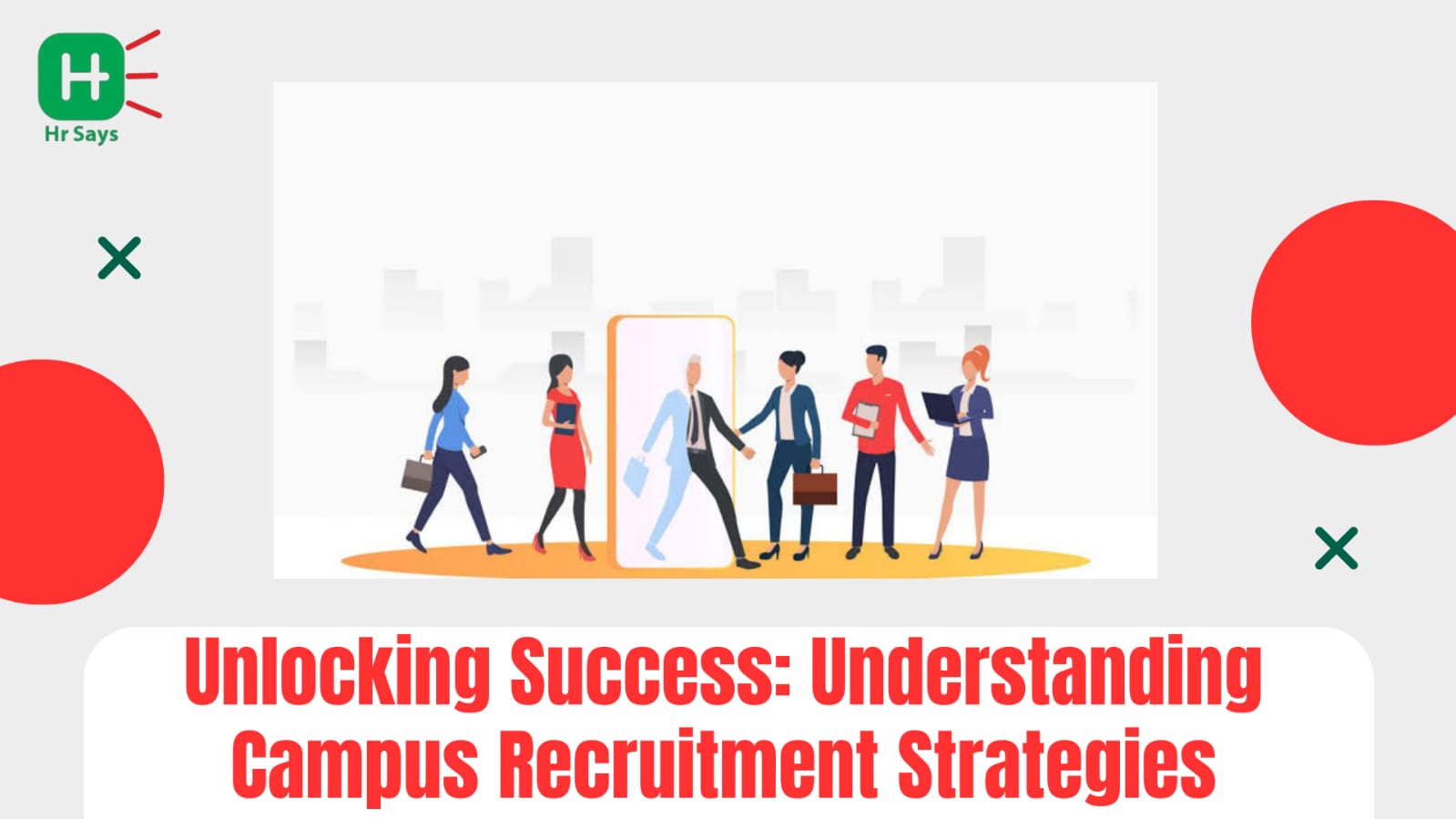How do organizations connect with young talent right at the start of their careers? The answer lies in campus recruitment. It has grown into one of the most significant channels for companies to discover fresh minds, while students see it as their first real career step.
The Essence of Campus Recruitment
Campus recruitment is not just about filling vacancies. It is about shaping the future workforce. Employers aim to find individuals who bring both skill and potential, while students seek security and growth opportunities.
Why Companies Choose Campuses
Companies rely on campus hiring to gain access to enthusiastic and trainable candidates. The process ensures a continuous flow of young professionals. Common reasons include:
● Building a long-term talent pipeline
● Reducing hiring costs compared to external recruitment
● Spreading brand awareness among the youth
● Increasing retention rates by engaging fresh graduates
Crafting Effective Recruitment Strategies
Recruitment on campus requires a clear plan. Without structure, the process may fail to connect with the right talent. Strategies are designed to align with both company goals and student aspirations.
Employer Branding Matters
Students are more likely to choose a company they recognize and admire. Recruitment fairs, workshops, and interactive sessions are used to create a strong presence on campuses.
Selecting the Right Campuses
Not every institution is the same. Employers often evaluate colleges based on:
● Quality of academic programs
● Past recruitment success
● Availability of diverse student talent
Structured Hiring Process
A defined process makes recruitment smooth. Companies usually include:
● Pre-placement talks
● Aptitude tests or group discussions
● Personal interviews
● Final offers and onboarding support
The Student Perspective
From a student’s viewpoint, campus recruitment is both exciting and stressful. The competition
is intense, but it opens doors to valuable opportunities. To prepare, students often:
● Build resumes that highlight both skills and internships
● Practice aptitude and interview sessions
● Engage in networking events hosted by recruiters
Challenges in Campus Hiring
Recruiters often face hurdles. Not all graduates meet industry requirements. Skill gaps are
common, and expectations may clash. Employers must balance cost, time, and quality of hire.
The Road Ahead
Campus recruitment is evolving. Digital tools, AI-driven assessments, and virtual interviews are
changing how talent is identified. Still, the core remains the same: creating meaningful
connections between students and employers.
Conclusion
Campus recruitment is not only a hiring strategy but also a bridge between education and employment. When executed with care, it creates a win-win for both sides. The future promises more technology, but the human connection will remain at its heart.

 Campus recruitment connects organizations with young graduates, offering a direct path from academics to industry. It thrives on strategy, branding, and preparation, ensuring mutual benefits while adapting to changing workforce expectations.
Campus recruitment connects organizations with young graduates, offering a direct path from academics to industry. It thrives on strategy, branding, and preparation, ensuring mutual benefits while adapting to changing workforce expectations.








.jpeg)
.jpeg)

.jpeg)





.jpeg)



.jpeg)

.jpeg)



